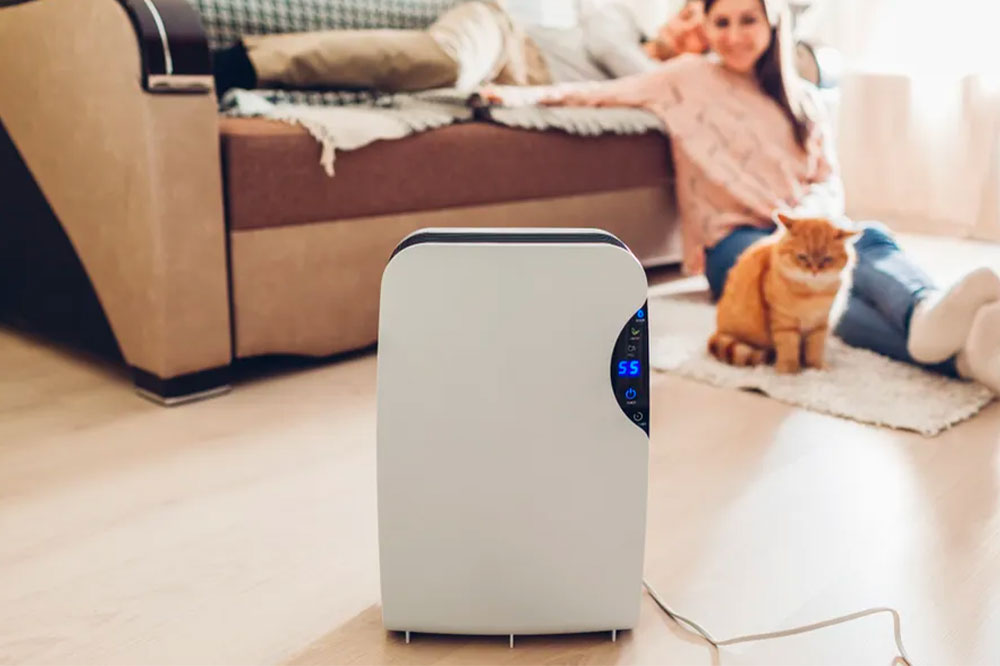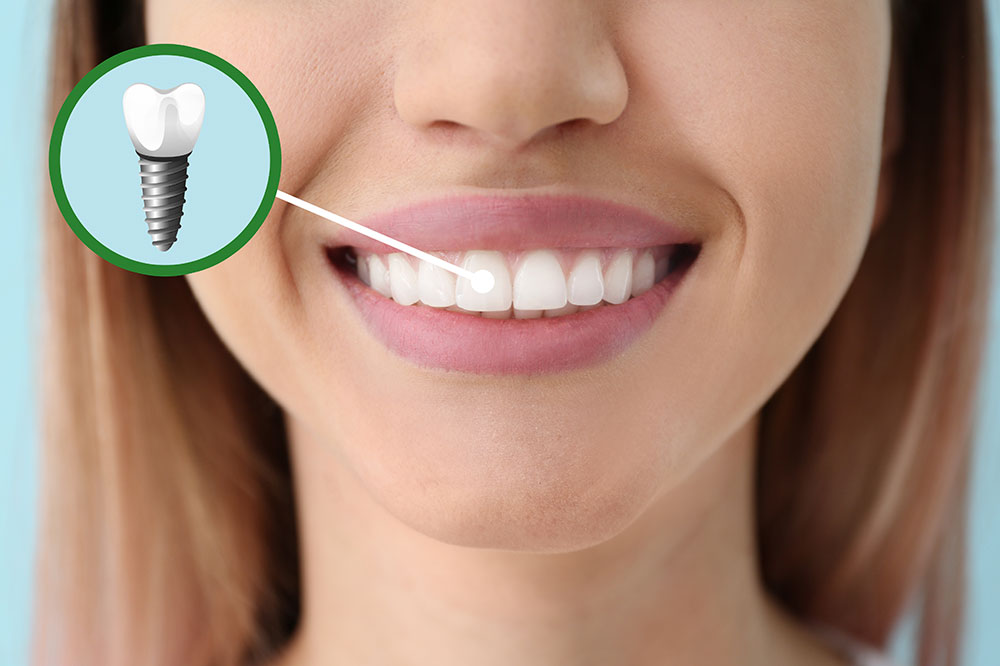Essential Things to Consider before Buying an Air Purifier

With the world’s changing environment, air purifiers have become more of a necessity than a luxury. Toxic pollutants such as smoke, chemicals, and other harmful chemicals can be found in indoor and outdoor air. The air purifier draws in and filters the indoor air, removing hazardous airborne particles and dust before they settle. It can also help with allergies. Before purchasing the best air purifier for your home, here are some things to consider.
Type of air purifiers
There are various types of purifiers on the market for various applications. The type of purifier you purchase should be determined by the needs of your room. Several factors must be taken into consideration when making your decision, including the size of the room, the purifier’s cleaning filters, portability, cost, and warranty. Knowing precisely what you need will enable you to make a more informed decision.
Most air purifiers produce clean air while targeting contaminants such as airborne allergies, dust, mold, and germs. Each purifier is designed to meet a specific need and operates in a unique way. Here are a few different types of purifiers to consider.
Ionic air cleaners
These are filter-less machines that generate an ion cloud. The cloud is essentially charged ions that attract pollutants into the air. When contaminants in the air become attached, they fall to the ground and can be easily cleaned. This equipment is great for removing pollutants like dust, pollen, mold spores, fungi, smoke, and some bacteria.
UV light air cleaners
This device uses invisible light waves to target contaminants and break them down at the molecular level. It can be used as a home sterilizer to get rid of germs, bacteria, and viruses.
HEPA Air Purifiers
High-efficiency particle air filtration is one of the most effective tools for purifying indoor air. These air cleaners capture pollution and other contaminants using paper filters. They can remove 99.97 percent of all minute particles, including pollen, mold spores, fungi, dust, pet dander and hair, and smoke.
Carbon air purifiers
These devices make use of one-of-a-kind air filters that contain activated charcoal. Activated charcoal is a highly absorbent material that attracts impurities from the air. They are more effective at removing odors, gases, and fumes from the air, and keeping your home’s air fresh. They are less effective at pollutant removal.
You need to account for various features and capabilities before choosing an air filter. Here are some of them:
Right filtration system
The main components of air purification are filters. The higher the quality of the filters installed, the better the impurities are absorbed and the cleaner the air produced. Some filters remove only bad odors and smoke, while others remove and kill bacteria and germs. Filters also include cutting-edge technology for removing mold and other allergens. As a result, the type of filtration you require for your home will determine which air purifier you choose. Those who suffer from allergies or asthma can greatly benefit from an air purifier with the appropriate filtration technology. Before you buy one, use intelligent air quality monitors to assess the performance of the filtration system.
Size of the purifier
Air purifiers are available in a variety of sizes, and the size of your home or room will determine which is best for you. Small air purifiers will not work effectively and may have reduced efficiency in a large hall. Examine the square footage rating on each model as well as the square footage of your space to determine which model best meets your needs. Choose a purifier with a larger coverage area than the room’s size. You can also consider a portable air purifier with wheels that can be moved easily from one location to another.
Cleaning requirements and maintenance costs
The frequency of filter replacement and cleaning is determined by the air quality, but a purifier with easy-to-clean filters can make the process easier. A long-lasting filter will help keep replacement costs low. It is advised to change filters at least once every four months. Some purifier models come with a built-in filter replacement indicator that turns on when the filter needs to be changed or if it becomes clogged before the replacement date. Therefore, a filter replacement indicator serves as a reminder and stops equipment from malfunctioning.
Noise level and energy consumption
Purifiers have fans, which generate noise. Higher noise levels indicate an increased difficulty in using the device due to disturbances, and you may be limited to using it only during the day. Make sure the appliance you buy does not produce more than 40 to 50 decibels of noise. This will allow you to use the device at night. Air purifiers use far less energy than other household items such as computers or air conditioners.
Adaptive technology
Smart air purifiers have advanced features such as air quality monitoring, Wi-Fi connectivity, and programmable timers. These features provide a very comfortable user experience, such as:
Timers
The programmable timer automatically turns on and off, ensuring optimal usage and minimal energy consumption. It also includes reminders for filter changes and removals, ensuring that it does not stop working unexpectedly.
Wi-Fi connectivity
Most Wi-Fi-enabled devices include an app that allows remote control of all purifier settings. Additionally, Wi-Fi connectivity enables you to operate the device with the help of Alexa and Google Assistant.
Air quality sensor
An air purifier automatically changes the fan speed when it notices poor air quality in a space. It also powers the unit on and off as needed.
Warranty and certifications
Invest in an air purifier from a reputable brand that offers quality after-sales service and a warranty of at least 12 to 18 months. The more certifications a device has, the more valuable it is. Popular air purifier certifications include UL, CARB, AHAM, and Energy Star. Buying an air purifier is a significant investment, so ensuring that it comes with an extended warranty protects you from any future breakdowns or replacement costs.






